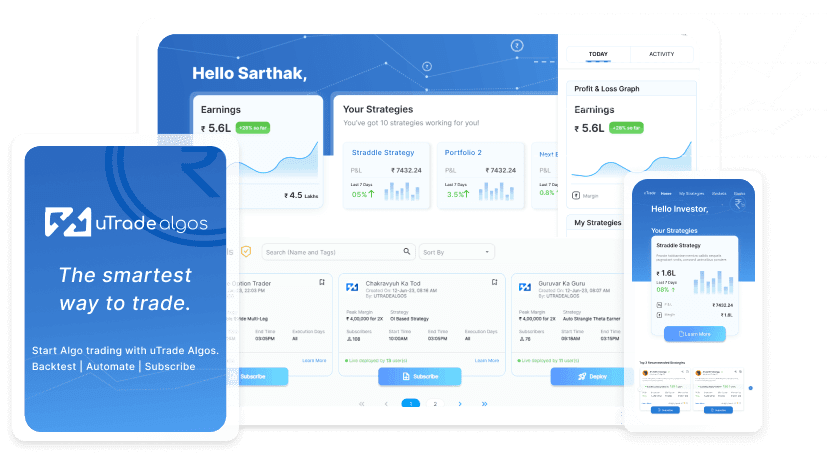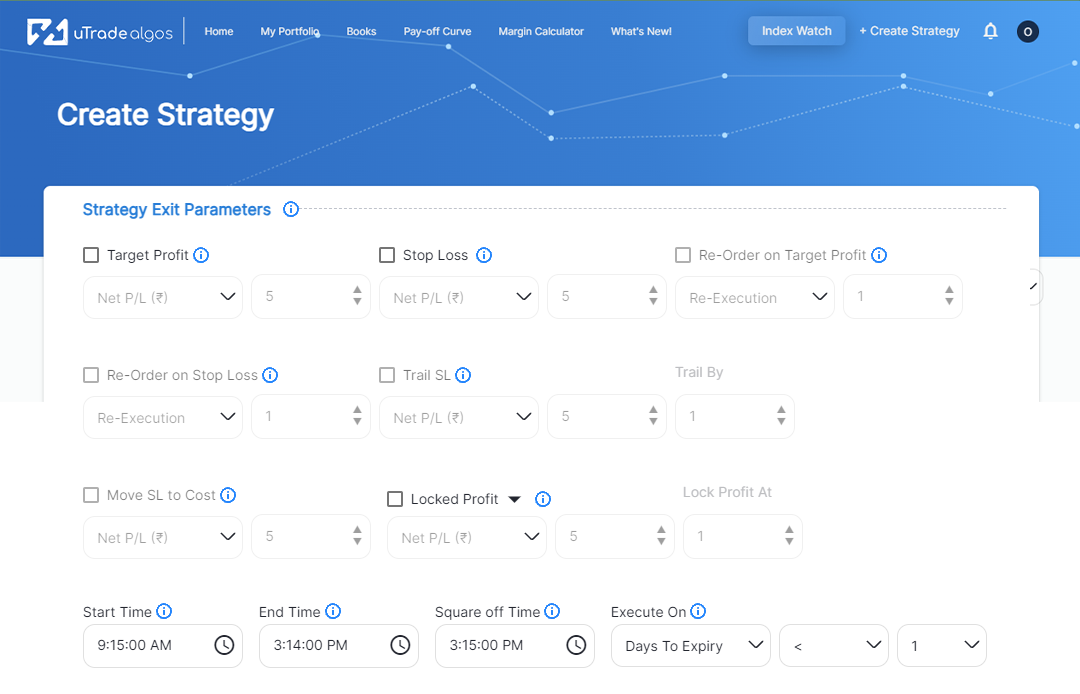
In recent years, algorithmic trading has emerged as a compelling option for retail investors, transforming the landscape of how individuals participate in financial markets. Read on to learn the reasons behind the escalating popularity of the algorithmic trading program among retail investors and explore the advantages that have propelled its rise.
What is Algo Trading?
Algorithmic trading, or algo trading, refers to the practice of utilising computer programs or algorithms to execute trading decisions in financial markets.
- These algorithms are designed to automatically analyse market data, identify trading opportunities, and execute trades based on predefined criteria or rules.
- By leveraging advanced mathematical models and strategies, algo trading aims to capitalise on price discrepancies, market inefficiencies, or specific patterns, often executing trades at high speeds and frequencies.
- The process involves the use of algorithms that can assess large volumes of market data, including price movements, trading volumes, order flow, and other relevant factors, to make rapid and informed trading decisions.
- Algo trading strategies vary widely, from simple to highly complex approaches, and can include trend following, statistical arbitrage, market making, and more.
Reasons Why Algorithmic Trading is Gaining Popularity Among Retail Investors
Accessibility and Democratisation
- One primary factor driving the surge in algo trading among retail investors is its increased accessibility. Previously the domain of institutional investors, algorithmic trading has become more accessible to retail traders due to technological advancements and the availability of user-friendly platforms.
- Retail investors now have access to sophisticated trading tools and platforms that allow them to design, test, and execute algorithmic strategies without the need for extensive technical knowledge or substantial capital.
- Also, now, newcomers to algo trading now have the opportunity to participate, thanks to platforms like uTrade Algos that require zero coding experience.
Automation and Efficiency
- Algorithmic trading programs enable automation of trading strategies based on predefined rules and criteria. Retail investors are attracted to this aspect as it eliminates emotional biases from trading decisions and ensures consistent execution of strategies. For example, uTrade Algos, has introduced uTrade Originals, a collection of pre-designed algorithms developed by industry experts. These strategies are the result of deep knowledge and meticulous research, curated to suit diverse market conditions. uTrade Originals functions as a valuable asset for both beginners and experienced traders, offering a diverse toolkit for a range of trading experiences.
- Moreover, automated trading systems operate round the clock, enabling traders to capitalise on market opportunities even in volatile or after-hours trading conditions, thereby enhancing efficiency and maximising potential profits.
- Algo trading has also heightened market transparency and liquidity, particularly benefiting retail traders. Algorithmic use amplifies trading volumes and narrows bid-ask spreads, facilitating smoother trade execution at favourable prices. This enhanced liquidity nurtures a more efficient market environment, ensuring retail traders can participate without being disadvantaged by institutional investors.
Risk Management and Diversification
- Algorithmic trading allows retail investors to implement advanced risk management techniques and diversify their portfolios more effectively.
- These algorithms can automatically execute stop-loss orders, scale positions based on predefined risk parameters, and manage multiple trades across different assets simultaneously.
- This capability aids in minimising risks and optimising the risk-reward ratio for retail investors.
- As an example, uTrade Algos offers interactive payoff charts, allowing traders to personalize the payoff graph according to their unique trade conditions. This feature provides a comprehensive understanding of how alterations in these parameters could impact potential trading outcomes, offering valuable insights for traders.
Speed and Data Analysis
- The speed advantage in executing trades is a significant draw for retail investors utilising algorithmic trading.
- Algorithms can analyse vast amounts of market data very fast, enabling swift decision-making and execution.
- You can access a 7-day free trial of uTrade Algos, offering a web and mobile app experience without any obligation. Enjoy perks such as conducting two backtests per day, unlocking uTrade Originals, and the ability to create up to five algos during this trial period.
- Due to the speed, retail traders can capitalise on timely market movements and react promptly to changing market conditions, potentially gaining an edge in the highly competitive financial markets.
Backtesting and Learning Opportunities
- Algorithmic trading platforms often offer features for backtesting strategies using historical market data. This allows retail investors to assess the performance of their strategies in different market scenarios, gaining insights into potential strengths and weaknesses.
- Additionally, it provides a valuable learning experience, allowing traders to refine their strategies and enhance their trading acumen over time.
Algorithmic trading does confront challenges like susceptibility to technological vulnerabilities such as system failures, the intricate landscape of regulatory hurdles demanding compliance, risks associated with market manipulation tactics requiring vigilant surveillance, the imperative need for continuous adaptation to evolving market conditions, and the potential limitation of relying solely on historical data, which may restrict foresight in unprecedented market scenarios, posing a challenge to decision-making processes. Yet, its positives are making it grow in popularity among retail investors. As technology continues to evolve and platforms become more user-friendly, algo trading is expected to further empower retail investors, democratising access to sophisticated trading tools and potentially reshaping the landscape of individual participation in financial markets.

 January 11, 2024
January 11, 2024 







